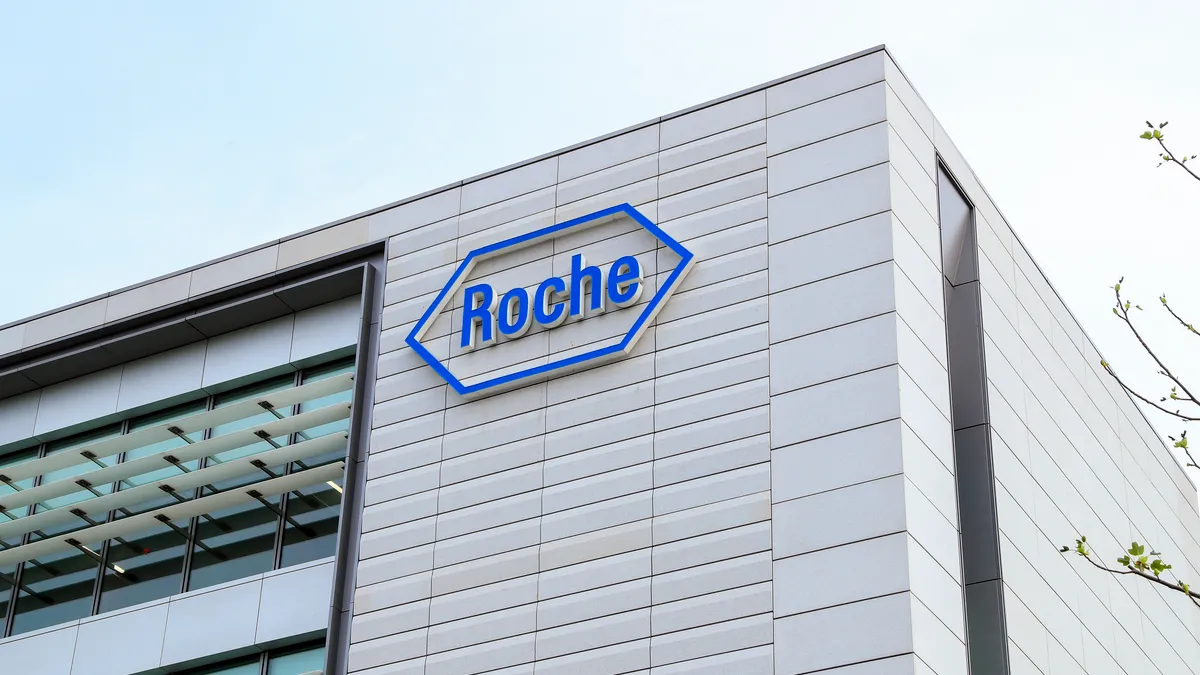Dive Brief:
- Roche has received approval from the Food and Drug Administration for the first companion diagnostic to identify patients with HER2-low metastatic breast cancer.
- U.S. officials first authorized the test in 2000. Now, Roche has added a scoring algorithm to help pathologists identify patients with breast cancers that express low levels of the HER2 receptor protein.
- The approval of Roche’s test comes two months after AstraZeneca and Daiichi Sankyo’s Enhertu became the first therapy authorized for use in HER2-low breast cancer in the U.S.
Dive Insight:
About 80% to 85% of the 287,850 new breast cancer cases estimated to occur in the U.S. this year will be HER2-negative under the old classification. Under the new classification, 60% of patients previously categorized as HER2-negative will be treated as HER2-low patients, according to the FDA. The distinction, and the ability to find HER-low patients, now is key because of a recent drug approval.
The publication of clinical data showing that Enhertu, a HER2-directed antibody-drug conjugate, cuts the risk of disease progression or death by 49% and the subsequent FDA approval added a new treatment option for patients with previously treated HER2-low metastatic breast cancer.
“Previously, metastatic breast cancer patients with a lower level of HER2 expression were considered to be part of the HER2-negative population and had no HER2-targeted treatment options. Now, they may be eligible for a HER2-targeted therapy, significantly increasing the number of patients who could have improved outcomes,” Thomas Schinecker, CEO of Roche Diagnostics, said in a statement.
Roche’s approval provides physicians with a way to determine if a patient is HER2 low. AstraZeneca and Daiichi used the test to identify patients with low levels of HER2 and thereby determine if an individual was eligible to participate in their Enhertu clinical trial.
The identification of HER2-low breast cancer patients is enabled by a new scoring algorithm. Using the algorithm, pathologists can identify “low expressors” of HER2 who meet the criteria for treatment with Enhertu.










